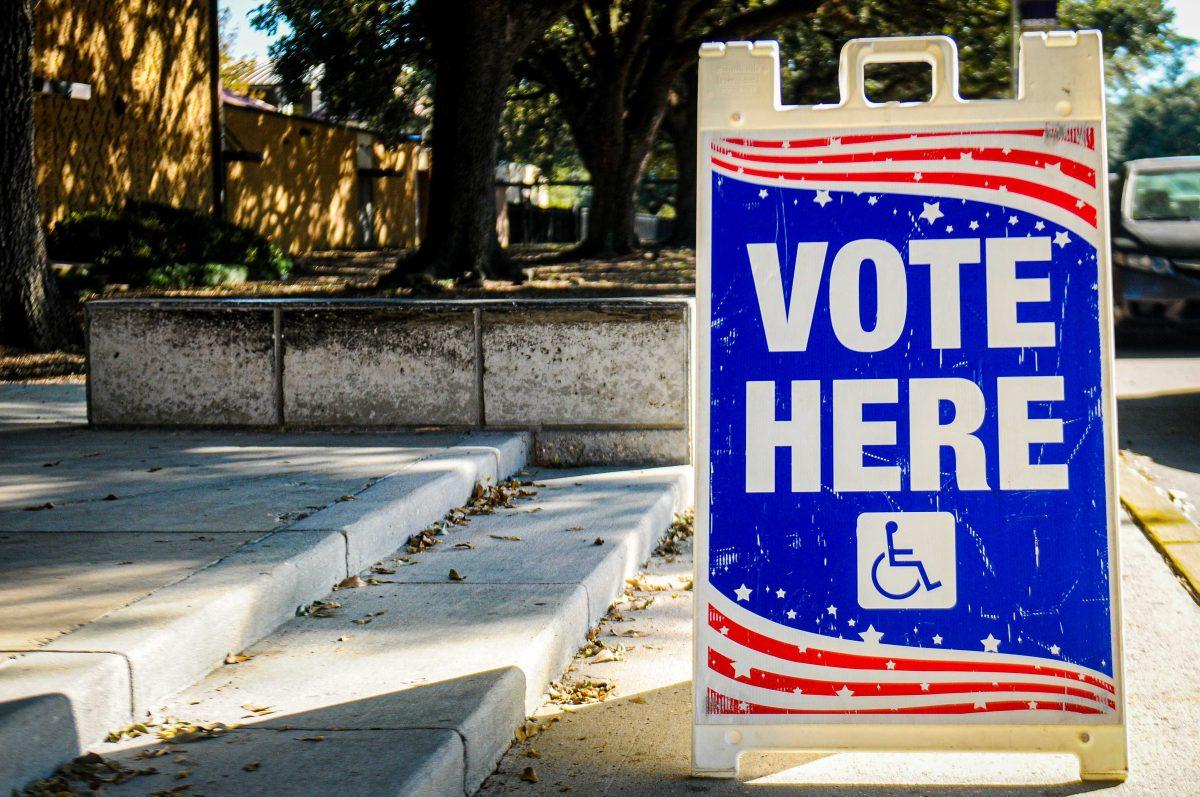University students spend plenty of time in Baton Rouge’s popular haunts like Tigerland or its sports stadiums. But many of them have probably never visited the city’s more uncommon spots, like an alien lair or the house where Ike Turner grew up.Those are two examples of fictional places in Baton Rouge — all part of the area’s expanding film production business. Whether filming takes place at a real location or in a studio’s fabricated one, the Red Stick is attracting moviemakers of all kinds to do their work here and boost the local economy.One way for filmmakers to find the perfect setting is the Baton Rouge Film Commission’s location database — a directory of many places willing to host movie productions. Katie Harvey, project coordinator at the Film Commission, said it catalogs all types of locations because they must visually respond to any script.”Last week we had a call to find a place that is a lair for aliens,” Harvey said. “It was supposed to be an underground bunker. We used a sugar mill that was dark with dripping pipes.”The Baton Rouge Film Commission is currently looking to expand its database and is calling for submissions. Any location that is unique and could be multipurpose is great, Harvey said.Most on-campus locations are featured in the database, including the Memorial Tower, the Quad and Tiger Stadium.”One of the only elements of LSU we’re missing is dorm rooms because students are hesitant to share their space,” Harvey said.The Baton Rouge Film Commission’s database features nearly 40 plantations, which Harvey said are popular for films looking to embrace the Louisiana ambiance. But most productions look for locations that can pass for a place outside Louisiana.”Restaurants like Tsunami are popular,” Harvey said. “You can cheat a restaurant like that for another city pretty easily.”Lisa Calhoun, local location scout, said most of the time clients are looking for settings that don’t look like Louisiana.That’s because of the attractive tax credits the state provides filmmakers. The financial incentives bring productions to Louisiana even if the story is not set here.State law allows out-of-state film producers to earn a 25 percent tax credit on their qualified Louisiana based production and 10 percent on labor costs.Film work would go to other states without Louisiana’s tax credits, according to Kevin Murphy, director of studio operations at Raleigh Studios in Baton Rouge. “The incentive brings filmmakers here and fosters filmmakers locally,” Murphy said.Gov. Bobby Jindal supports extending these entertainment tax credits for at least two more years, an issue that will be discussed among state legislators this spring, according to a Times-Picayune article. Calhoun said when searching for a location, the most important thing is finding a place that fits the story’s needs.She is currently scouting for a film called “The King of Rhythm, The Ike Turner Story,” which requires locations to fit a certain time period.”It’s retro,” Calhoun said. “We need an old house. Power lines are okay, but I don’t want streetlights. And the bane of retro films is the cable box on telephone poles.”Another concern is what property owners will allow to be filmed on their land.”For ‘The King of Rhythm,’ there is a scene where Jimi Hendrix is walking outside, stoned and cussing like a sailor,” Calhoun said. “I know we can’t shoot something like that at a BREC park, so I have to find something else.”The University also has rules about what can be filmed here. Before anything is shot on campus, the administration must first review the script and deem it acceptable.”LSU has pretty strict guidelines in script content before they allow filming on campus,” Harvey said.While on-location filming is important, some movies require or prefer a studio setting, which can be converted into any type of set. To serve those needs, Baton Rouge has Raleigh Studios, which provides sound stages for a more controlled environment.Other services available to filmmakers at Raleigh Studios include a production company, transportation service, payroll company and tools for post-production. The studio provides the resources to completely produce a film from start to finish, Murphy said. “The Abduction of Jesse Bookman,” an upcoming film, has already done that.”‘The Abduction of Jesse Bookman’ was cast locally, financed here, filmed in Baton Rouge, and all the post-production was done in Baton Rouge,” Murphy said.Productions like that one are important to Baton Rouge’s economy.”For every dollar spent, [Baton Rouge] gets about $6 back,” Murphy said. “Money for hotels, space rental, paying employees and taxes from these expenses are all brought into the local economy.”Calhoun said as long as Louisiana remains competitive with tax credits, filmmakers will continue to work here for one important reason — food and Southern hospitality.”People come here because of money, but they leave saying, ‘Everyone was so nice, and boy, did we eat well,'” Calhoun said.- – – -Contact Ryan Buxton at [email protected]
Baton Rouge a popular attraction with filmmakers
March 24, 2009





